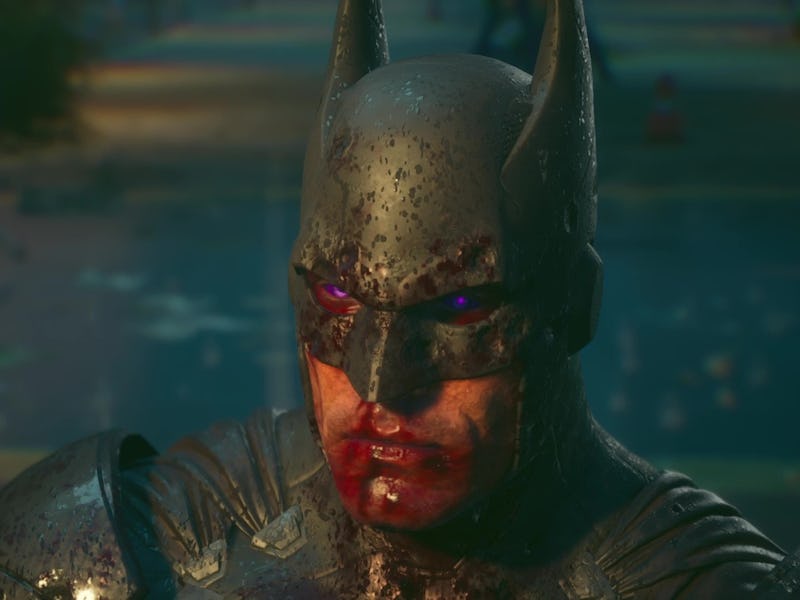Suicide Squad: Kill the Justice League Ends Its Live Service Offerings With A Whimper
Attack of the Clones.

After four beloved Batman Arkham games, Suicide Squad: Kill the Justice League has been nothing short of a disaster. Ever since the game’s reveal, which resulted in a delay due to an overwhelmingly negative response, Suicide Squad has had an uphill battle — and now it’s lost that fight. The game has sputtered along with updates and seasons since its release, culminating in Season 4 ending with a major twist that completely trivializes the game’s existence. It’s the worst choice that could have possibly been made, and it makes an already hollow and cynical game feel even worse.
There will, of course, be spoilers for Suicide Squad, if anyone out there is somehow still that invested in it.
Suicide Squad’s live service story was set up in a way that theoretically allowed it to keep going for years, as the team continued to take on threats and unravel the tangled multiversal web of Elseworlds. That’s how Joker became a playable character; a version from another world was brought in, as the Arkham universe’s version is deceased. But the game’s negative reception and the drastic collapse of its player base clearly changed plans, resulting in a rushed, unsatisfying ending.
Instead of a grand finale, players are treated to roughly four minutes of animated comic panels, revealing that nearly the entire Justice League is actually alive. You were fighting clones made by Brainiac the whole time, except for Wonder Woman, who sacrificed herself to destroy “clone” Superman, and the Arkhamverse Robin, who was brutally taken out by “clone” Batman.
Suicide Squad’s ending feels lackluster, rushed, and completely unsatisfying.
It’s a ludicrous twist that renders Suicide Squad’s entire story meaningless, as everything you did didn’t matter. What’s particularly troublesome is the implication that Warner Bros. and Rocksteady capitulated to complaints about the game and bent over backward to undo everything. Hints and rumors throughout Suicide Squad point to clones always being the plan, but the implementation was so cheap and shoddy that none of that actually matters now. Regardless of the original intent, the lackluster ending now gives the impression of WB doing damage control.
Suicide Squad has been left feeling pandering and soulless, a live-service husk that lacks a core vision or meaningful narrative direction capable of taking the Arkhamverse in a new direction. The whole clumsy affair has long reeked of corporate overreach, a game and its developer forced to chase trends rather than adhere to a singular artistic vision. This ending makes that feel truer than ever.
It’s sad, because taking on the Justice League sounds fantastic on paper, and there’s a timeline where Suicide Squad could have turned into something truly special, not a cash grab stuck with live service gameplay and piecemeal storytelling. Even the way the ending is presented, through a static cutscene, is indicative of how disappointing the whole experience has been.
Suicide Squad is a good idea made by a great studio that simply didn’t have the plan it needed.
I genuinely don’t know where Warner Bros. and the Arkhamverse can go from here, or how things can be salvaged. Monolith’s big Wonder Woman game has been radio silent for years, and despite being unconnected to Arkham, having Wonder Woman be the sole character that gets pointlessly killed off is not a good look. Where do you even take Arkham Batman from here in terms of narrative? And how do you win back fans whose trust has been shattered?
The best move for Rocksteady may be to move on from Batman and maybe superheroes altogether, and try something entirely new. It’s doubtful the money-printing machine at Warner Bros. would allow that, but all we can do is wait and hope for the best.